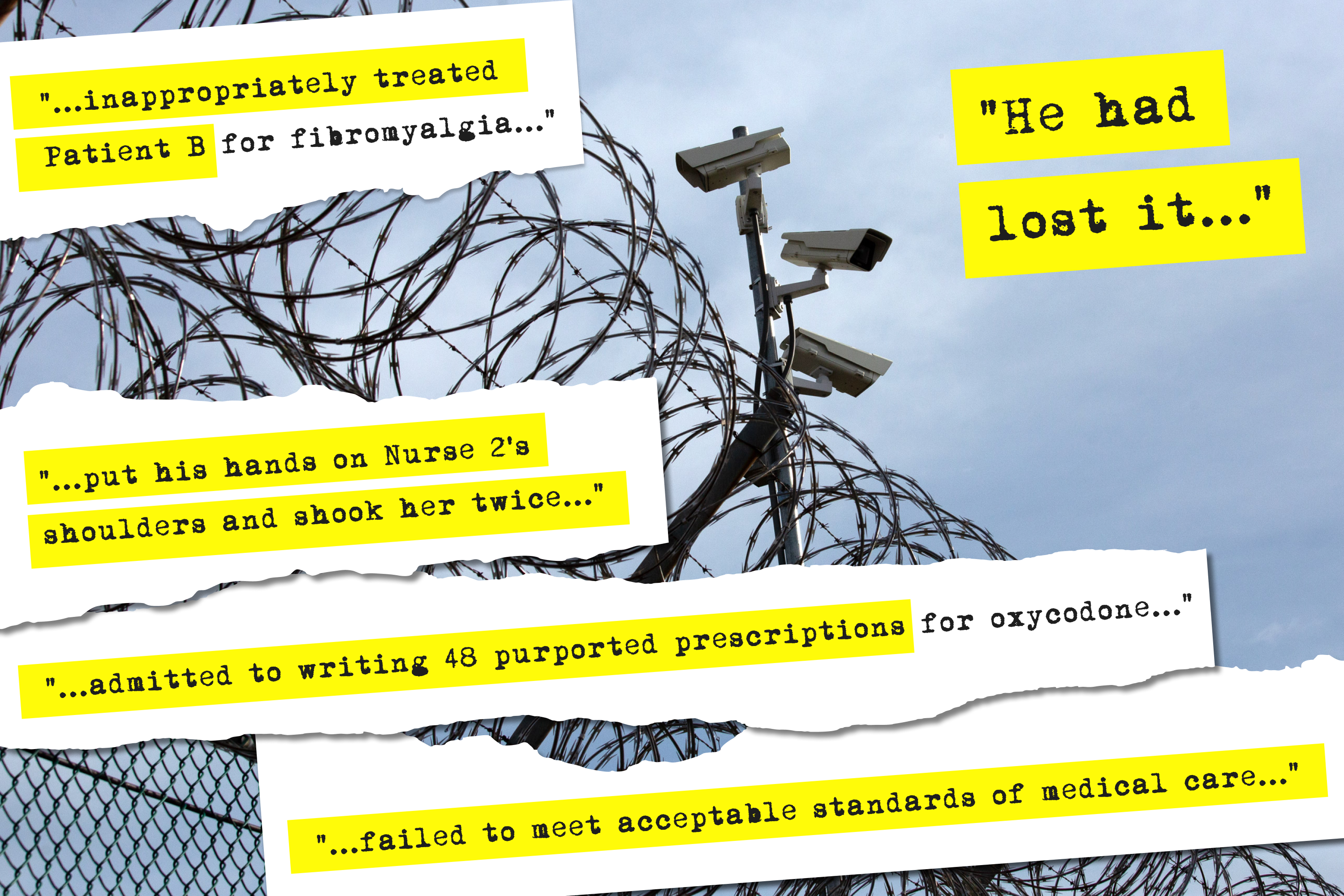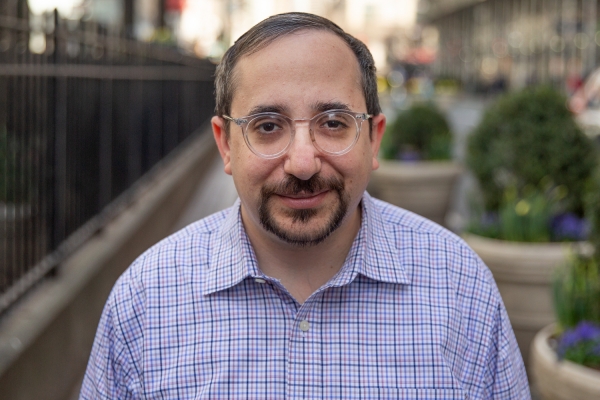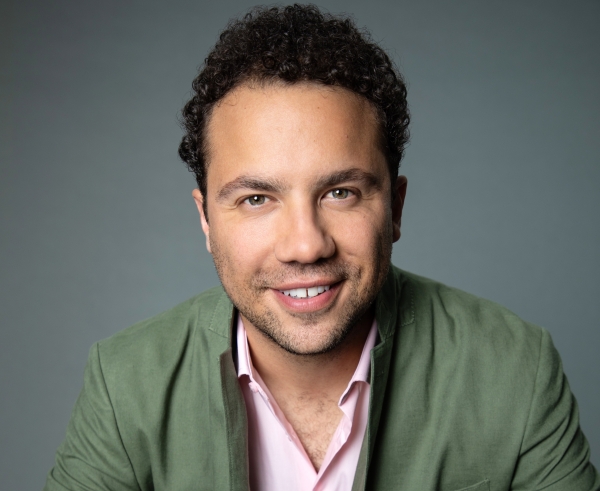THE CITY wins January Sidney for Exposing That New York Prisons Hire Doctors Guilty of Serious Misconduct
Reuven Blau and Max Rivera of THE CITY win the January Sidney Award for “Doctors Sanctioned for Glaring Medical Mistakes Find a Place to Practice in NY State Prisons,” an investigative deep dive that exposes a pervasive pattern of NY state prisons hiring doctors who have been disciplined for serious medical malpractice and even violence. Since being hired, some have made serious missteps on the job that impacted patient care.
One doctor accidentally chopped off part of a newborn’s finger during delivery and choked two nurses in separate fits of rage. As a prison doctor, he failed to treat a painful, expanding mass on a patient’s neck or refer him to a specialist. Another drained the wrong side of a patient’s chest and altered the medical records to cover his mistake. A doctor who was banned from New York emergency rooms for negligence was put in charge of a program to limit inmates’ access to potentially addictive prescription drugs and is now being sued by patients who say they were deprived of essential medications.
THE CITY identified 10 doctors who have been sanctioned for medical malpractice or unethical behavior who are working full-time for the New York State prison system, providing care to a vulnerable population. At least 10% of the department’s full-time physicians have a black mark on their disciplinary record, a rate 20 times higher than New York state’s medical profession at large.
“This investigation raises grave concerns about whether New York is meeting its constitutional obligation to provide quality health care to people in state custody,” said Sidney judge Lindsay Beyerstein.
Reuven Blau is a senior reporter for THE CITY, with a special focus on criminal justice. He’s also the co-author of the book “Rikers: An Oral History.”
Max Rivera is a data reporter and intern at Bloomberg, assigned to the National/NYC news desk. He has previously contributed reporting to THE CITY, The New York Times, The New York Post and Chalkbeat.

Backstory
Q: How did you become aware that the NY state prison system employs a disproportionate number of doctors with serious records of medical malpractice and even criminality?
A: Years ago a doctor involved in treating incarcerated people told me about a detainee who researched a doctor who treated him. The detainee discovered the doctor had a long history of neglect and abuse. It was clear to me that more doctors had similar histories. But it took me years to figure out how to find that out and put it together in a cohesive and readable way.
Q: What was your investigative approach to this story?
A: We first took a list of doctors from SeeThroughNY, which publishes names and salaries of municipal employees. We then cross referenced those names with two databases that detail possible medical sanctions. The process then included gathering information on those doctors via advocates, sources, and court documents.
Q: What are some of the most egregious examples of harms that these substandard doctors have done to inmates?
A: One doctor accidentally chopped off part of a newborn’s left index finger during a delivery. He also attacked two nurses who vividly described how he choked them while in a rage. Another doctor drained the wrong side of a patient’s chest while attempting to remove a mass of fluid and altered a medical record to show that he operated on the correct side. A third, a cardio-vascular and thoracic surgeon, was charged by New York State’s Office of Medical Conduct with botching 10 surgeries in four years — cutting into a patient’s chest to treat an inoperable lesion and needlessly carrying out extensive, medically inappropriate procedures.
Q: One of the doctors, who pled guilty to malpractice and was banned from the ER as a result, was put in charge of a program designed to curb prescription drug abuse behind bars. How did that work out? What’s the latest on the lawsuit?
A: The program caused serious pain to thousands of people in prison who relied on medication to treat their chronic pain, according to a class action lawsuit. The court case, which is still pending, cites multiple cases of people with conditions like sickle cell anemia and other longstanding conditions.
Q: You found that the prison system has abysmally low standards for doctors and positions are still going unfilled. What’s the solution?
A: Advocates are pushing to move oversight of medical care for prisoners from DOCCS to the state Health Department. They are also seeking a biannual review of medical staffing in state prison. A bill sponsored by state Sen. Gustavo Rivera is pending.
Q: Did anything unexpected happen during the reporting of this story?
A: The story was one of the hardest I’ve ever put together. It was incredibly challenging to first nail down which doctors were sanctioned and then find cases while they were treating people in prison. Nothing came easy. The difficulty of the project was unexpected.
Q: Every successful investigation helps you grow as a reporter, what did you learn from this project that you will carry forward to your next assignment?
A: I’m a big believer that some of the most messy and complicated issues make for the best stories. I’m constantly evolving as a reporter. It was inspiring to get so much support from my colleagues at THE CITY. One technical thing I learned was to break down the piece and its many tentacles into chapters. I also got some new insight into how the state health department investigates doctors — and how they are almost always allowed to plead down.



